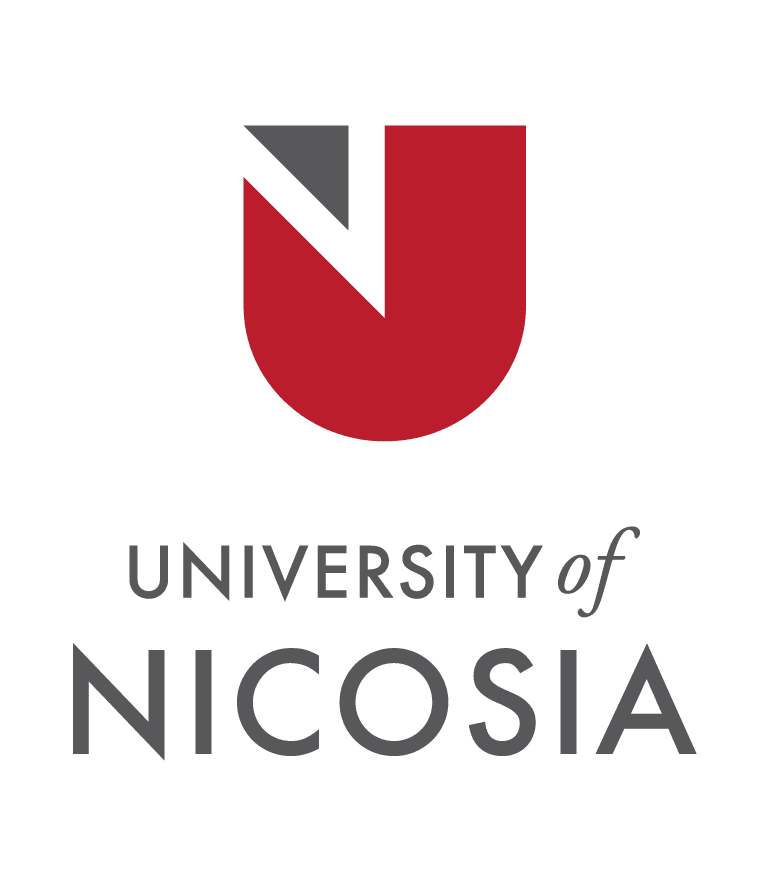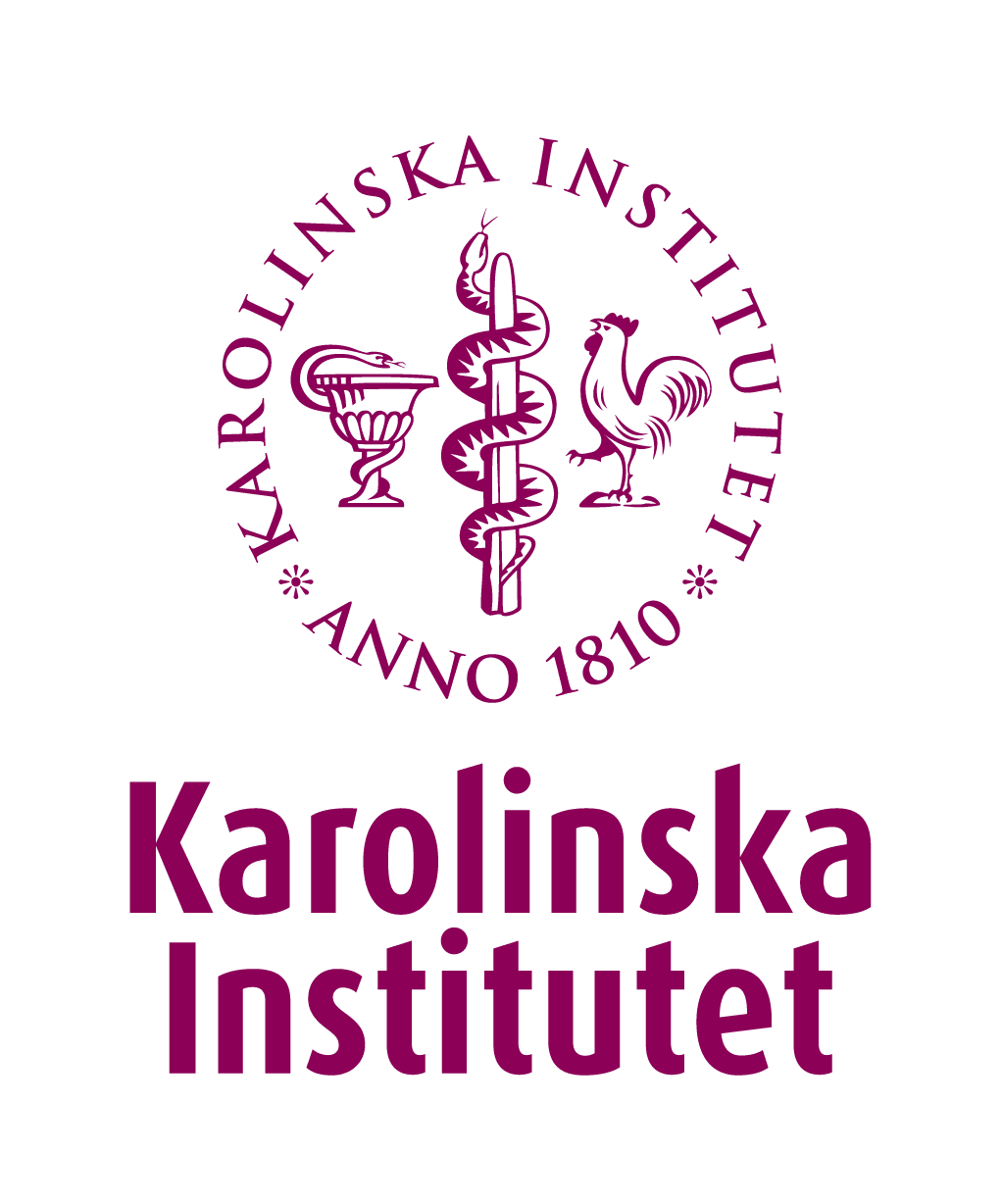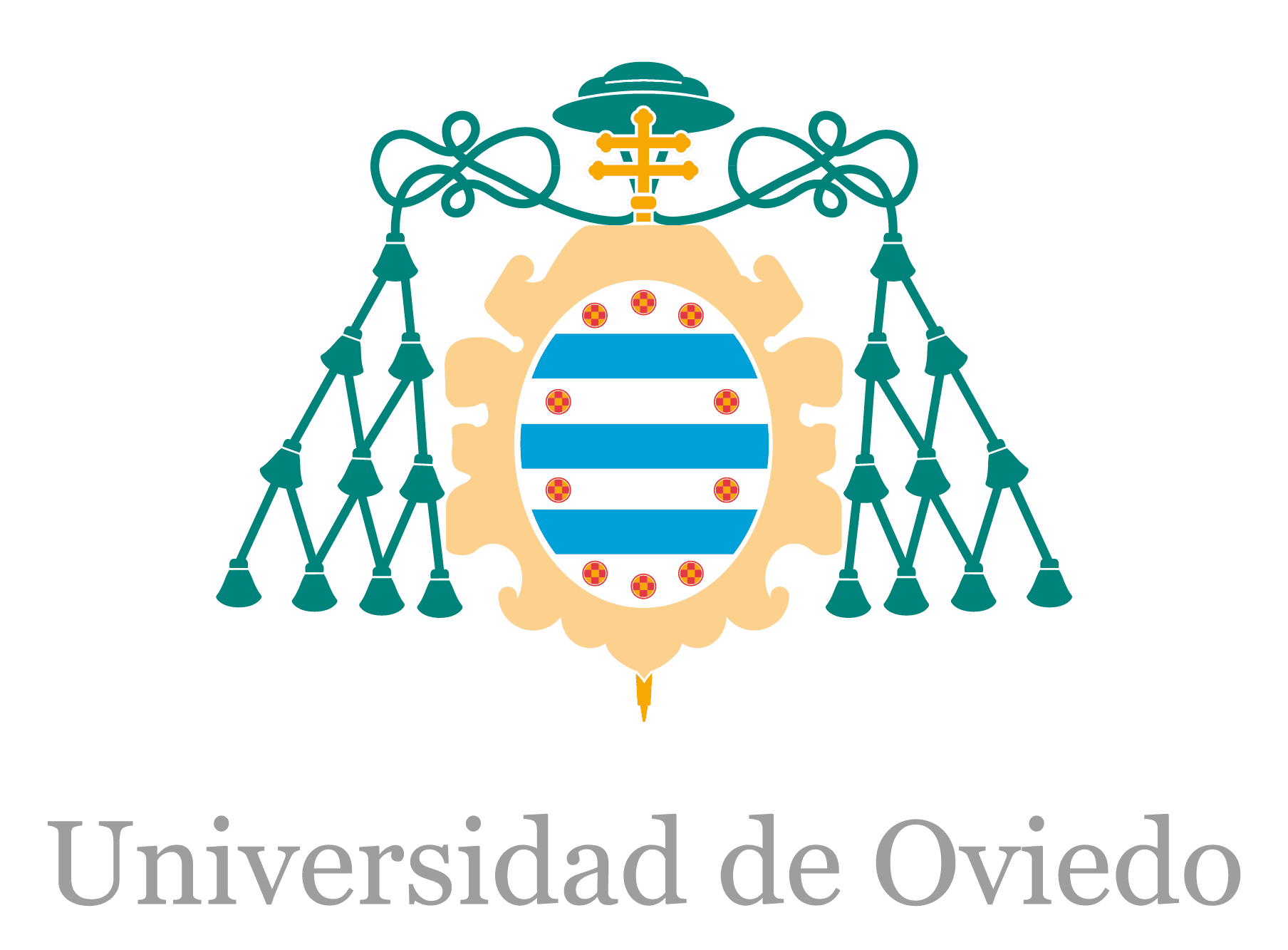Agenda
Time indicated below is in Central European Time (CEST).
OPENING SESSION
Presenter:
Prof Edna Yamasaki
University of Nicosia
Presenter: Dr Pedro Arcos Gonzalez
The Erasmus Mundus Joint Master Degree in Public Health in Disasters (EMJMDPHID) is a joint university educational programme organized by the Unit for Research in Emergency and Disaster of the Universidad de Oviedo (Spain), the Centre for Research on Health Care in Disasters of the Karolinska Institutet (Sweden) and the Department of Primary Care and Population Health of the University of Nicosia (Cyprus) designed to deliver high quality education and training in the field of Public Health in disaster situations. The Programme is sponsored by the European Union and involves associated universities and institutions around the world.
The aim of the master programme is to, through knowledge, experience and research build capacities that will reduce disaster risks and contribute to better and more targeted public health-based relief following disasters. The Master has the following four objectives: (I) To increase the knowledge and understanding of the disaster phenomenon, its different contextual aspects, impacts and public health consequences; (II) To increase the knowledge and understanding of the International Strategy for Disaster Reduction (UN-ISDR) and to increase skills and abilities for implementing the Disaster Risk Reduction (DRR) Strategy; (III) To ensure skills and abilities to analyse potential effects of disasters and of the strategies and methods to deliver public health response to avert these effects; and (IV) To ensure skills and ability to design, implement and evaluate research on disasters.
The EMJMPHID is two-year course of 120 ECTS. The course will be taught in English and its structure has three components: (I) The Common Disaster Core Component at Universidad de Oviedo (Oviedo, Spain); (II) A Specialized Track Component with two options for the students: Public health response to disaster at Karolinska Institutet (Stockholm, Sweden) or the Epidemiology and Research in Disasters at University of Nicosia at University of Nicosia (Nicosia, Cyprus); and (III) The Internship and Master’s Thesis.
Presenter: Ms Dagmar Höpcke
Presenter: Dr Rafael Castro
The University of Oviedo is the public institution of higher education and research in the Principality of Asturias. With over 400 years of history, it offers a full range of undergraduate degrees adapted to the European Higher Education Area (EHEA) in all branches of knowledge and postgraduate degree programmes in collaboration with national and international universities and more than 250 companies. Founded in 1604 is one of the oldest academic institutions in Spain having recently celebrated its 400th anniversary.
Today, the Universidad de Oviedo hosts more than 28,000 students and 2000 lecturers and researchers, with 57 Undergraduate Degree programmes, 50 Master’s Degree programmes, 6 Erasmus Mundus Master’s programmes (3 coordinated by the University of Oviedo) and 24 PhD Programmes and enjoys great prestige due to its teaching and research activities in the fields of humanities, law, social sciences, experimental sciences, health sciences, engineering and technical education.
The University of Oviedo undertakes 80% of the R&D and Innovation activities carried out in Asturias and has cutting-edge services and facilities to facilitate the transfer of knowledge to the business world. The Asturian institution also boasts two specialized clusters (Energy, Environment and Climate Change, and Biomedicine and Health) with close ties to the regional technology parks and the Asturian healthcare network. The Universidad de Oviedo oversees the coordination of the EMJMDPHID.
Presenter: Dr Christiana Demetriou
The University of Nicosia (UNIC) is the largest university in Southern Europe that teaches primarily in English, with more than 14,000 students from over 100 countries coming together in an innovative and transformative learning space. Located in Nicosia, the country’s capital, and with a presence in 18 other cities worldwide, UNIC is driven by the pursuit of excellence in teaching and learning, innovation, research, technology, and a continually evolving academic environment.
Over the past two decades, the University of Nicosia Medical School (UNMS) has led the development of life and health sciences programmes in Cyprus. The UNMS is committed to the provision of innovative, student-centred and high-quality education, which is based on the best available evidence in current medical pedagogy. It is also committed to systematically fostering original research in the basic, clinical, social and behavioural sciences and, to serving and improving the health of the population through outreach, service and patient care services. The UNMS, aims to produce competent graduates, committed to life-long learning, who can pursue further training in their field of choice and will be competent and successful practitioners, teachers, administrators and researchers.
The Medical School consists of two departments – Department of Basic and Clinical Sciences and Department of Primary Care and Population Health – and offers two medical programmes and four postgraduate degrees (Master and Doctorate levels).
Faculty and students of the UNMS participate in state-of-the-art research in the area of medicine and the health sciences, with a focus on the One Health concept. Research at the UNMS is cross departmental and multi-disciplinary, powered by local, national and international collaborations. At the same time, faculty and students are devoted to giving back to the community through the organisation of and participation in programs that improve the health of the population, such as the mobile health clinic and lifestyle medicine events.
Presenter: Dr Johan Von Schreeb
Karolinska Institutet is a world leading medical university with top ranking and over 6 500 students and 2000 doctoral students. The department of Global Public Health is one of the leading departments that hosts the center for research on health care in disasters, which is a WHO collaborating centre and one of three partners responsible for the Erasmus Mundus Master Program, Public Health in Disasters.
The Emergency Medical Teams (EMT) initiative at WHO has since the Haiti 2010 earthquake developed into a quality assured global clinical surge capacity mechanism ready to provide help to countries affected by global disasters. The presentation will introduce the EMT initiative and present results from EMT response to the 2020 Beirut blast that injured 6 000 people.
Intervention epidemiology and public health microbiology training in Europe seek strengthening workforce capacities and cross-border health surveillance and response to tackle communicable diseases. The European Programme for Intervention Epidemiology Training (EPIET) was established by the European Commission in 1995, in the EU-15, with the aim of developing a network of field epidemiologists who share a common language (methods). All fellows were trained in a Member State different from their country of origin, being the first field epidemiology programme with an exchange format and a regional scope. The ECDC runs the programme since 2007. Since 2010, the EPIET MS Track, with fellows recruited from public health workforce and trained in their own country, co-exists with the EU-Track (the classic exchange format). Recognising the role of Public health microbiology laboratories in detection, surveillance, outbreak response and provision of scientific evidence to prevent and control infectious diseases, the European Public Health Microbiology training programme (EUPHEM) started in 2008. Interdisciplinary work, one-health and administrative alignment led to the merge of the two into one: the ECDC Fellowship Programme. All fellows conduct field assignments at dedicated training sites (public health institutes or laboratories) throughout EU/EEA Member States. Sites provide frontline supervision, peer review by participating in site visits, and facilitation in training modules. A team of scientific coordinators supports both fellows and supervisors. The COVID-19 pandemic has impacted the programme in many ways. Modules are delivered virtually since March 2020. Most fellows are mobilised for COVID-19 tasks, a unique learning and service opportunity that comes with challenges as other learning objectives must still be achieved. Fellows’ activities include: setting up surveillance systems; conducting epidemic intelligence and scientific literature searches and produce situation reports; contributing to risk assessments that inform their Emergency Operation Centres and policy makers; conducting training on preparedness for healthcare professionals; providing guidance on testing for coronavirus, diagnosis, travel and other queries through helplines; supporting risk communication, including social media and production of messages on prevention through non-pharmaceutical countermeasures for the public; developing, validating and implementing SARS-CoV-2 molecular diagnostic tests; designing strategies for collecting and sending suspected samples, and contributing to collaborations among labs to strengthening diagnostic capacity, and to preparedness in national reference labs.
I will cover how disaster epidemiology has evolved, how it has broadened its scope to include today all the Bretton Woods institutions, and the increasing priorities on impact data and development.
Presenter: Mr Altaf Musani
1 hour break
PANEL SESSION 1
COMPLEX EMERGENCIES AND REFUGEES
Presenter: Dr Madhushree Sekher
Presenter: Eg. Buddhi Raj Joshi
Presenter: Dr Anne Merewood
Background: Breastfeeding is critical in refugee settings, where access to clean water, refrigeration, and pediatric care are often lacking. According to the Lancet, universal exclusive breastfeeding would save <860,000 lives per year. Infant Feeding in Emergencies (IFE) offers guidance for optimizing breastfeeding, but refugee populations often ‘fall through the cracks’. This presentation offers insights into the IFE situation focusing on refugees in Greece, from the CHEERing NGO.
Methods: In 2018, we evaluated all 6 UNHCR Site Profiles of Attica refugee camps, and interviewed the camp managers at all 6 camps with regard to IFE recommendations. During 2019-20, we provided front line lactation services and/or training at 7 Attika area camps, plus several shelters or community centers.
Results: The 6 camps surveyed in 2018 housed 6221 refugees (range 227-2503), 21% of whom were women, and 38%, children. UNHCR’s Site Profiles documented mother-infant spaces at 3 camps (5/2018), but according to field coordinators, only 1 existed. The Profiles did not address other IFE concerns. No field coordinators were aware of any IFE-related policy, and no management team had provided IFE training. In our work in Greek camps since 2018 we have been the sole providers of proactive IFE and nutrition support, and many women were formula feeding, or feeding cow’s milk with sugar. A limitation of our work is that access to camps is tightly controlled and access to data is restricted, thus our results are limited to the survey and observational data.
Conclusion: There is no infrastructure in place to support IFE policies or practices in the refugee camps of Greece. Camp management and employees receive little to no training, and standard pediatric care, such as breastfeeding support and growth charting is lacking. There is critical need for a strategic approach to IFE.
Newly defined short-term and long-term research priorities will be discussed within the context of the present pandemic.
PANEL SESSION 2
EPIDEMIC EMERGENCIES
Presenter: Prof Chaoyi Pang
Presenter: Dr Maria de Lourdes Aguiar Oliveira
Presenter: Dr Amod Mani Dixit
Presenter: Dr Richard Garfield
For 5 years WHO has led evaluations of country’s level of Health Security preparedness for outbreaks and emergencies, using the extensive Joint External Evaluation (JEE) process to score 19 area of public health. This provided some predictive value in facing COVID, but not in the ways people generally thought. We have detailed information on country capacities to prevent, detect, and respond to outbreaks, but we know little about how they use those capacities. This is the next frontier in global health security. Current issues and approaches moving forward will be discussed.
A cross cutting discussion on how the 2013-14 launch of EMMPHID realized a newly-graduated PhD researcher’s ambition to be on the frontline of public health in disasters.
A critical discussion about how the international and European systems responded to the Ebola outbreak (2014-2016) and the current Covid 19 pandemic. A presentation of the lessons learned and ways to improve the collective response to health crises in the future.
PANEL SESSION 3
CLIMATE CHANGE AND DISASTERS
Presenter: Dr Michèle Kosremelli Asmar
Presenter: Mr Fernando Crespo
Presenter: Prof Antonio Jose Leal Costa
Presenter: Dr Rodrigo Correa-Oliveira
Presenter: Prof. Sandy Tubeuf
This talk will discuss the welfare costs of natural disasters. It will offer an overview of identifiable direct and indirect economic costs and methods to value economically health-related consequences. The closing words will discuss governance of natural disaster risk.
Presenter: Dr Maria Moitinho
In this presentation, we will discuss how the concept of resilience has emerged and been used in the context of disaster health response. While we increasingly hear international policy makers and researchers advocating for more resilience, the concept is still maturing and many use it interchangeably with other terms such as ” preparedness”, “safety”, “response”… In addition, most of the research around resilience is not from actual disaster settings, which represents a major limitation in current scientific discussions. We urgently need more post-disaster primary data collection to increase our understanding of how health services can be resilient, how resilience can be measured, and ultimately what initiatives can be put in place to increase resilience.




